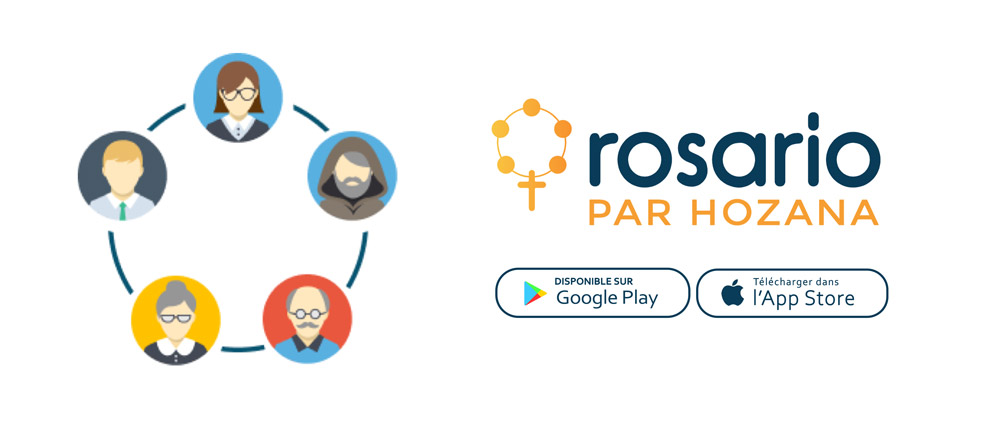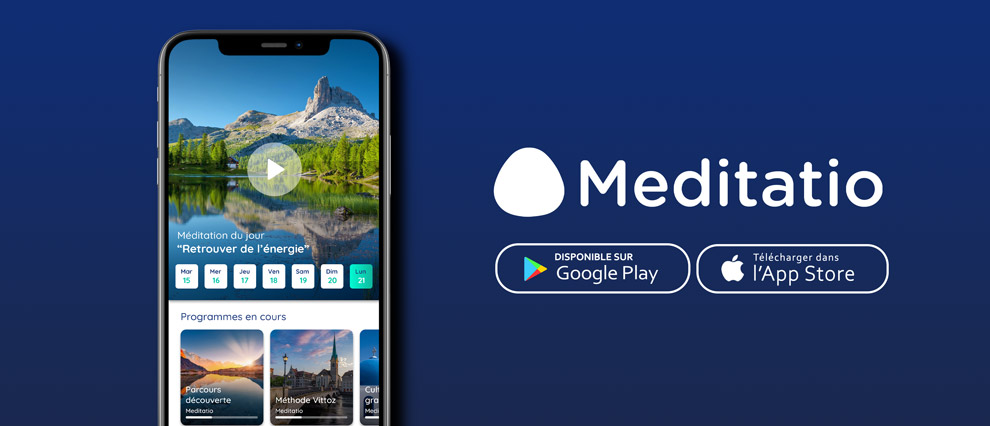How to Practice Fasting: Advice for When You Want to Fast for God
Christians can offer a time of fasting to God, either on the days of penance planned by the Church (Ash Wednesday and Good Friday) or in a more personal way at another time of the year. A religious fast is not a simple deprivation of food. It is a process of conversion and must be done in the search for intimacy with God. Everyone may feel the need or desire to live out this period in a particular way to get closer to God. Here are some questions to help you fully experience this gesture of offering.
Sommaire
What is the meaning and motivation of my fast?
Jesus clearly reminds us in the Gospel of Matthew: fasting must not be simply a ritual practice, carried out out out of habit or motivated by guilt or the desire to be seen:
“When you fast, do not look somber as the hypocrites do, for they disfigure their faces to show others they are fasting. Truly I tell you, they have received their reward in full. But when you fast, put oil on your head and wash your face, so that it will not be obvious to others that you are fasting, but only to your Father, who is unseen; and your Father, who sees what is done in secret, will reward you.” (Matthew 6:16-18)
Fasting is above all an intimate, personal process that the Christian must experience internally. Even if the fast carried out is at the invitation of the Church and is done by other Christians at the same time (such as Ash Wednesday, for example), it is still a personal offering that concerns only the faithful and God.
Some questions that can be asked before starting your fast:
- Why do I want to fast?
- What is my deepest desire?
- Am I ready to experience this time of fasting in the secrecy of my heart, under the sole gaze of the Father?
What am I depriving myself of and for how long?
During the fast days prescribed by the Church, it’s recommended to skip a meal (Ash Wednesday and Good Friday) and to avoid meat during the Fridays of Lent, “The fourth precept (“You shall observe the days of fasting and abstinence established by the Church”) ensures the times of ascesis and penance which prepare us for the liturgical feasts and help us acquire mastery over our instincts and freedom of heart.” (Catechism of the Catholic Church No. 2043)
During Lent, Christians are also invited to experience give something up for 40 days but this is not necessarily food. Each of us can discern what we want to offer to God during this time of penance: a habit or a practice:
- that takes up too much space in our lives to give more space to God,
- that we know to be bad for us, whether physically, morally, spiritually. We can therefore just as well decide to stop or limit the consumption of soda or alcohol, force ourselves not to speak badly of others, or practice a fast of images by avoiding pornographic content or social networks for example...
- that we love, but want to deprive ourselves of temporarily, to put God back at the center and remember that He is our essential.
In any case, it is not for performance, and it must respect the person's state of health. For food fasts of more than 24 hours, it is important to have medical advice.
Some questions that can be asked before starting your fast:
- How can I give more space to God?
- What is it in my daily life that becomes essential to me (dependence?) and distances me from God?
- What is the offering that I wish to make to God and that I feel ready to make in a humble and joyful way?
How can I associate prayer and sharing?
Fasting is associated with prayer and almsgiving. It is not a simple deprivation without meaning, but an effort offered in prayer that opens us to God and others.
Fasting can bear many fruits, and it accompanies our prayer. The Pope, at times, invites Catholics to a day of fasting for a particular intention. We can also choose one to fast as a real offering.
Some questions that can be asked before starting your fast:
- How can I incorporate moments of prayer into this day (this period)?
- How does what I’m depriving myself of open up space (in terms of time, mental availability, finances ...) to give more time to prayer or to people in need?
- What intention(s) do I have for this fast? For whom, or for what do I want to do it?
Put God back at the center of your daily life with Hozana!
Fasting is practiced as an act of conversion and penance to return to God. Through prayer communities and online retreats, Hozana accompanies you in your daily prayer practice.
- Trust your effort and your fast to God with this community,
- Make a daily place for the Lord by nourishing yourself with the Word of God every morning
- Experience God's mercy with this beautiful novena online.

